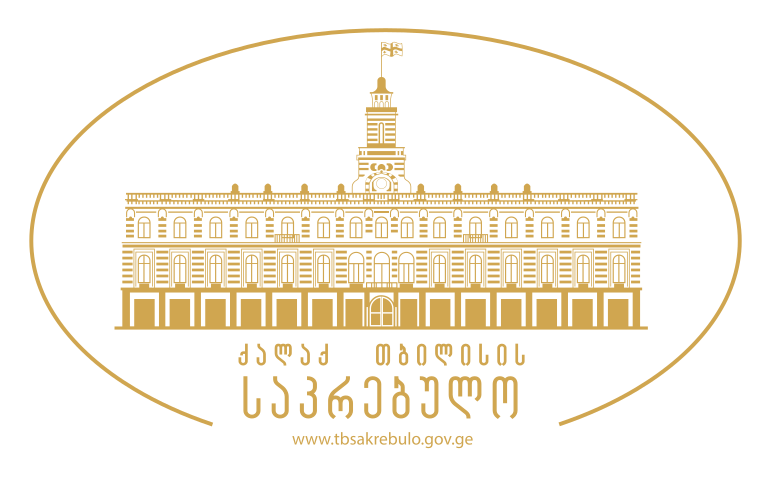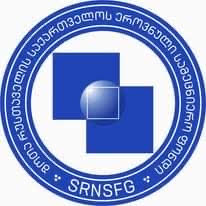043- The Sacred and the Profane: Intersections between Religion and Literature
Organized by: ICLA Research Committee of Religion, Ethics, and Literature.
English
In Polish novelist, Bruno Schulz’s Street of Crocodiles, the protagonist quotes his Father, declaring “God has had no monopoly of creation, for creation is the privilege of all spirits. Matter has been given infinite fertility, inexhaustible vitality, and at the same time, a seductive power of temptation which invites us to create as well” (59). In that moment, Schulz suggests that matter can realize its “infinite fertility,” its “inexhaustible vitality” through “a seductive power” that essentially “invites” humans to create, to substitute their profane creations for the sacred. Thus sacred and profane intersect through human “temptation.” It’s a novel way of thinking about creation, a transgression to which humans aspire, but that appears to be purposely foreclosed to them. For Schulz, the transgression is expressed in literature where sacred and profane intermingle, producing new “structures of beings” (Bloom).
This panel freights the intersection of the categories of the sacred and profane in literature, suggesting that such an intersection transforms the nature of literature from an instrument of revelation controlled by a reader to the revelation itself, liberated from a reader. In this way, the committee invites papers that look at literary ontologies affected by the intersection of religion and literature, that examine literary “independence” or textual liberations from both the constraints of religious and literary epistemologies. Additionally, scholars might examine the ethical implications of “unconstrained” texts. We are especially interested in papers that analyze more than one national literary tradition.
The Project was supported by Shota Rustaveli National Science Foundation of Georgia (SRNSFG) [grant number MG-ISE-22-170]

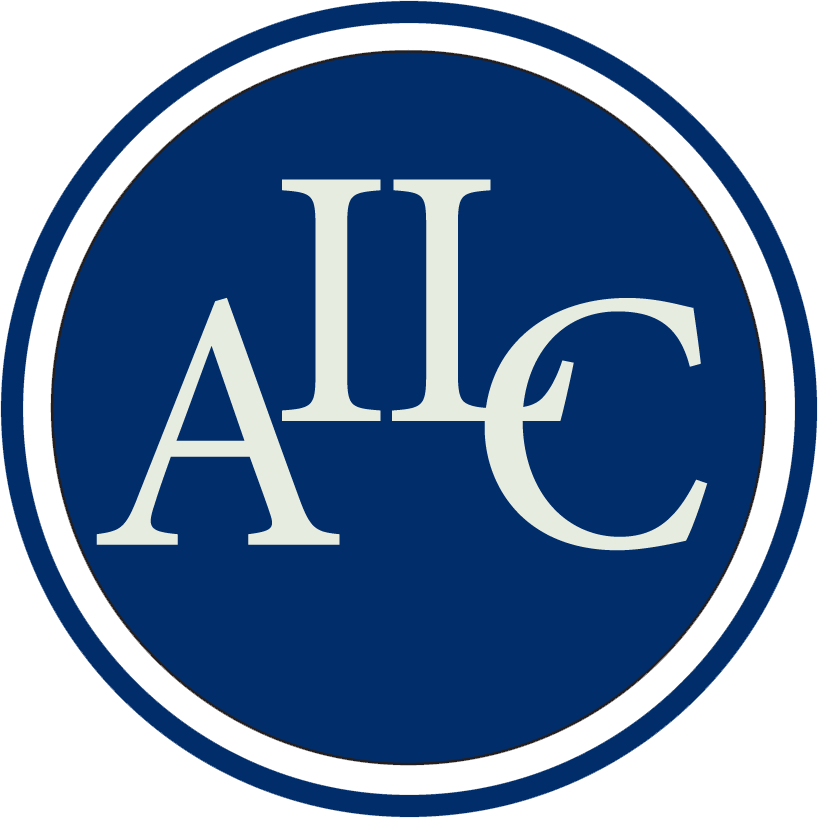
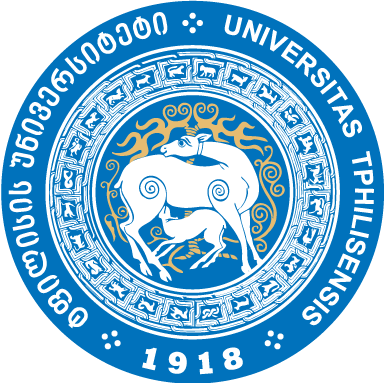
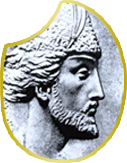
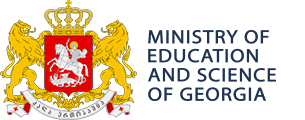
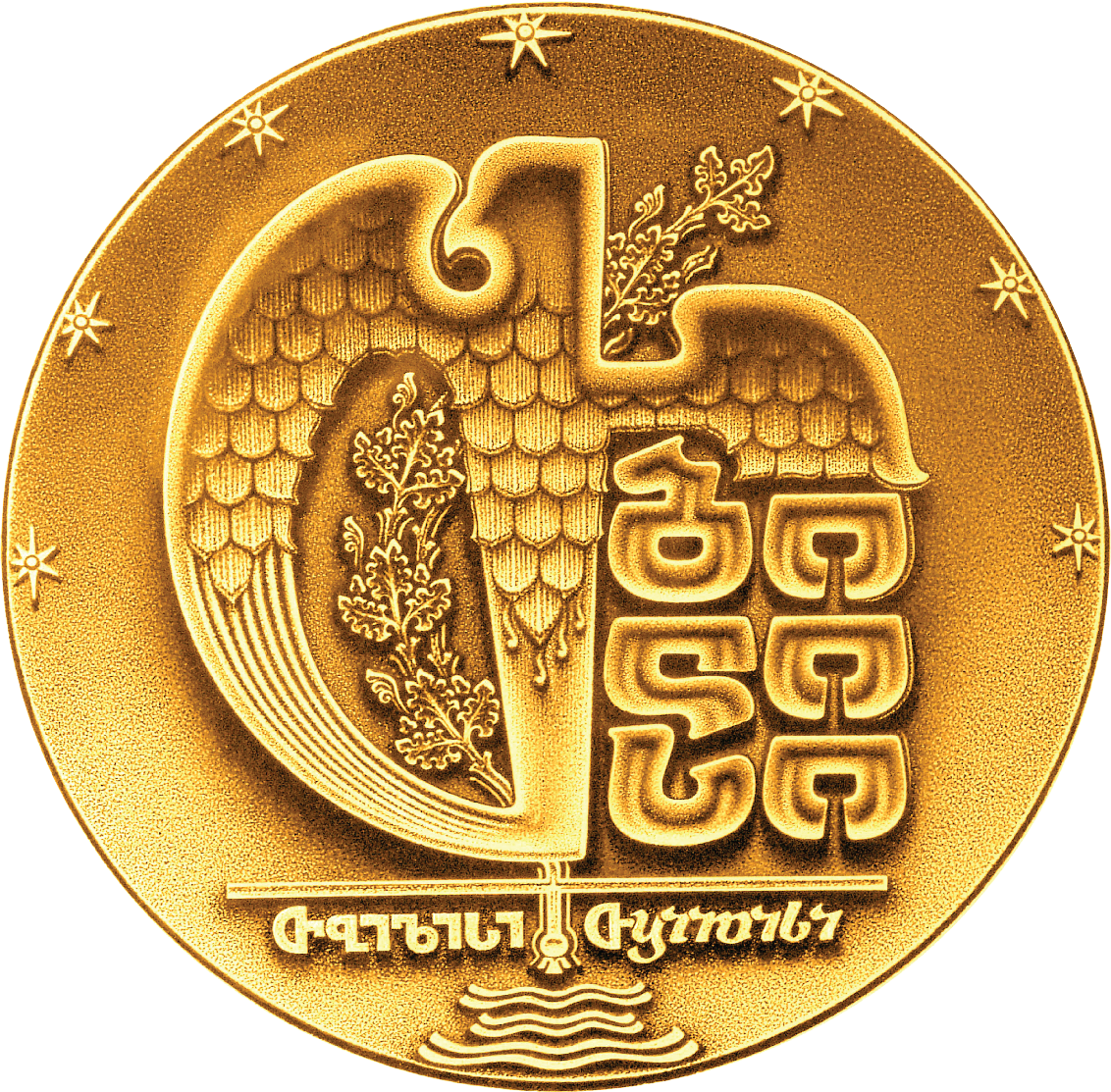

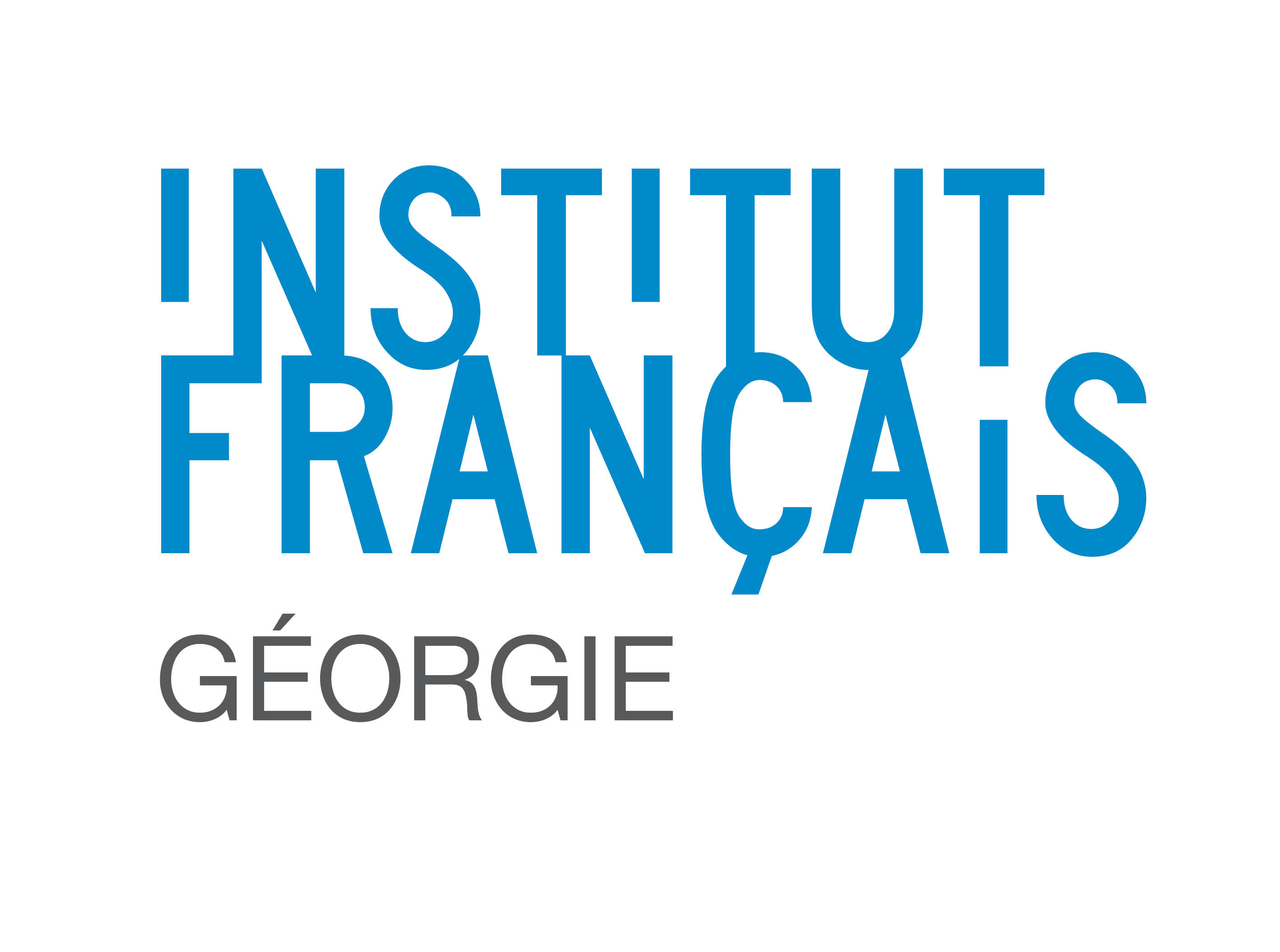


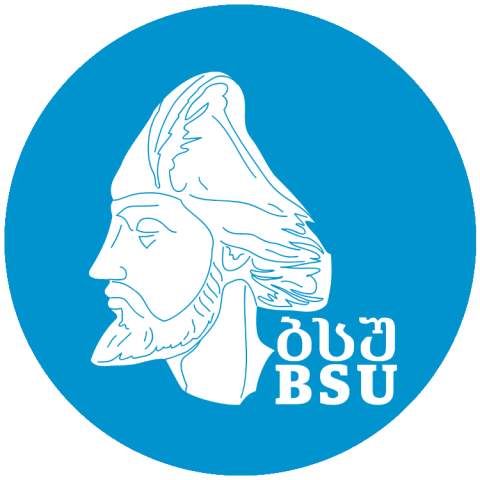

_001.png)

